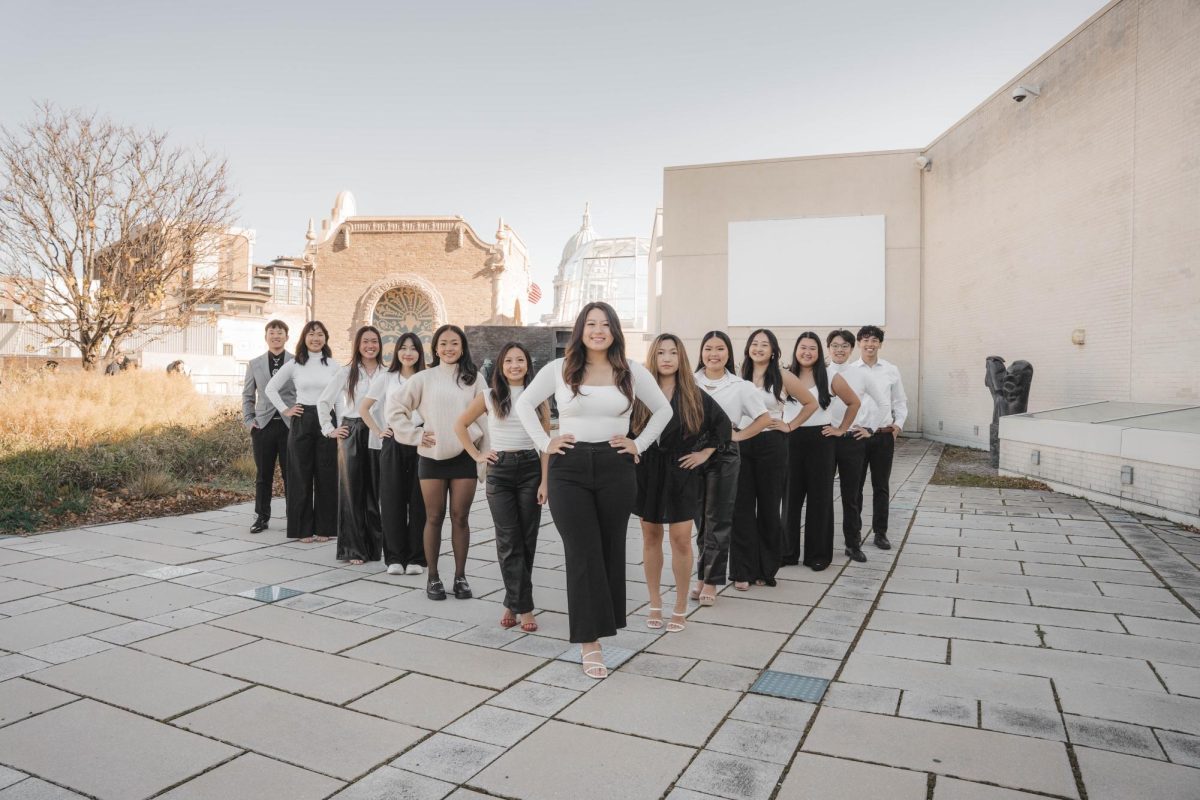Jacob Wood graduated from the University of Wisconsin in 2005 with a double major in business and political science. The former UW football player and U.S. Marine Corps veteran is the founder of a disaster relief veterans’ service organization, Team Rubicon, which applies the military experience of veterans to fast-response disaster relief. Wood, whose organization has been involved with such natural disasters as the Haitian earthquake, Hurricane Katrina and now Hurricane Sandy, spoke with The Badger Herald about his experiences with humanitarian work as well as the organization’s current work on the East Coast area. The interview has been edited for clarity and readability.
The Badger Herald: Take me through the journey from being a UW student to founding Team Rubicon.
Jacob Wood: It was a really crazy time in Madison because the war on terror began two weeks after school started. I was really close to dropping out of school right there and joining the military, but I decided not to. For the next two years I watched our country go into Afghanistan, go into Iraq. When I finally graduated in 2005, I enlisted in the Marine Corps, served a tour in Iraq in 2007 and Afghanistan in 2008. Then I came back, and that’s when Team Rubicon started.
BH: What prompted the start of Team Rubicon itself?
JW: I got out of the Marine Corps in late 2009. Then the Haiti earthquake happened. After two combat tours, I was like, “That looks a lot like Iraq and Afghanistan.” It was such a mess out there, and I thought to myself, “I have experienced way worse situations.” I decided I wanted to go to Port-au-Prince, and I called a couple of relief organizations, and no one was willing to send me down. I thought if I could just get one person to go with me then I would do it. Another marine, the co-founder of Team Rubicon, said “Jake, I want in.” We started raising money, and three days later we were on a plane and landing in the Dominican Republic on our way to Haiti.
BH: How did your organization grow into what it is today?
JW: We crossed the border into Haiti with eight people. It grew in Haiti – numbers swelled to 50. A lot of organizations were very hesitant to act quickly and take risks, but because of our training we were willing to. We had been in tough situations before, and it was an opportunity to show the world that military veterans have a real role in fast response. We realized how powerful this was that the veterans were doing something of service and started to see that veterans were really helping themselves as much as they were helping other people. We launched a domestic fast relief program. That is how we found ourselves working with Hurricane Sandy right now.
BH: So with Hurricane Sandy, what kind of work is Team Rubicon doing on the ground?
JW: We have 100 people out on the field since Monday and we were staffing emergency operations in New York – rescue [missions] for stranded flood victims, rapidly restocking shelters – and a lot of our teams help clean the roads. Next week the plan is to get 1,000 military veterans out to the community as the effort transitions from response to recovery.
BH: What is next for Team Rubicon in the Hurricane Sandy efforts?
JW: The response period is usually very short; what happens is that it transitions into its recovery stage. We think that we can show the New York area the power that military veterans can bring.
BH: How has the UW community responded to these efforts?
JW: It has been incredible, even from the university. A lot of our support, a disproportional amount comes from the Midwest. But this recovery effort is going to be long and a huge drain in our resources. Madison is certainly a very liberal campus and very certainly anti-war, but what I have seen with Team Rubicon is that people have really been able to put aside the politics of the war and see the veterans for who they really are. It is really just a 22-year-old kid with a uniform on, serving his country.
BH: How did UW shape this humanitarian project for you?
JW: At UW-Madison, in particular with my experience on the football team, the demographic backgrounds and the racial backgrounds of the people on the football team really opened my eyes to the world. It really made me think bigger and outside of the boundaries of middle America.
BH: What do you want UW students to take away from Team Rubicon’s efforts with Hurricane Sandy and the organization as a whole?
JW: I think it is important for the UW community to continue to embrace the veterans on campus. I know there is a strong veteran community on campus that has reached out to me in the past. It is important for the general population and those veterans to get to know one another. Students can look at what we are doing with Hurricane Sandy and the value and experience that military veterans can bring.
BH: Any last comments?
JW: Lets get our shit together on the football team and win the Big Ten.

















